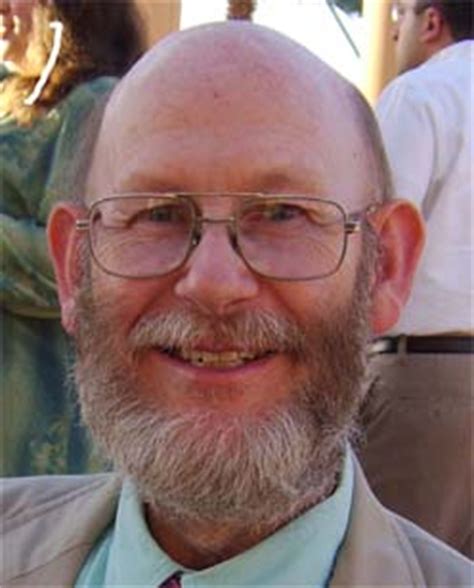A Quote by Stanley Schmidt
As for sticking strictly to presently known science, I will simply point out that we have already experienced at least two major revolutions in science in this century alone.
Related Quotes
Science and vision are not opposites or even at odds. They need each other. I sometimes hear other startup folks say something along the lines of: 'If entrepreneurship was a science, then anyone could do it.' I'd like to point out that even science is a science, and still very few people can do it, let alone do it well.
I have begun to feel that there is a tendency in 20th Century science to forget that there will be a 21st Century science, and indeed a 30th Century science, from which vantage points our knowledge of the universe may appear quite different than it does to us. We suffer, perhaps, from temporal provincialism, a form of arrogance that has always irritated posterity.
The greatest achievements in the science of this [twentieth] century are themselves the sources of more puzzlement than human beings have ever experienced. Indeed, it is likely that the twentieth century will be looked back at as the time when science provided the first close glimpse of the profundity of human ignorance. We have not reached solutions; we have only begun to discover how to ask questions.
This example illustrates the differences in the effects which may be produced by research in pure or applied science. A research on the lines of applied science would doubtless have led to improvement and development of the older methods - the research in pure science has given us an entirely new and much more powerful method. In fact, research in applied science leads to reforms, research in pure science leads to revolutions, and revolutions, whether political or industrial, are exceedingly profitable things if you are on the winning side.
As the twentieth century began, science equaled a materialistic worldview. As the twenty-first century began, the worldview of science, at least of physics and astronomy, may have traded place with that of religion. Consider Einstein's famous equation E = mc2. Nothing of matter dies but continues on in another form, elsewhere. The church divines and theologians for two thousand years have devised arguments and "proofs" of immortality but nothing equal to this.
It is for Muslim scholars to study the whole history of Islamic science completely and not only the chapters and periods which influenced Western science. It is also for Muslim scholars to present the tradition of Islamic science from the point of view of Islam itself and not from the point of view of the scientism, rationalism and positivism which have dominated the history of science in the West since the establishment of the discipline in the early part of the 20th century in Europe and America.
A great swindle of our time is the assumption that science has made religion obsolete. All science has damaged is the story of Adam and Eve and the story of Jonah and the Whale. Everything else holds up pretty well, particularly lessons about fairness and gentleness. People who find those lessons irrelevant in the twentieth century are simply using science as an excuse for greed and harshness. Science has nothing to do with it, friends.
It is time to create new social science departments that reflect the breadth and complexity of the problems we face as well as the novelty of 21st-century science. These would include departments of biosocial science, network science, neuroeconomics, behavioral genetics and computational social science.
The whole point of science is that most of it is uncertain. That's why science is exciting--because we don't know. Science is all about things we don't understand. The public, of course, imagines science is just a set of facts. But it's not. Science is a process of exploring, which is always partial. We explore, and we find out things that we understand. We find out things we thought we understood were wrong. That's how it makes progress.
Being a fan of science fiction, I collect a lot of science fiction art work and so if you go to my house there's like a library and you just geek out on science fiction material. A lot of the colony worlds specifically are built as a melting pot of different societies, because the world is at a point where there are only two zones that are left inhabitable.
But concerning vision alone is a separate science formed among philosophers, namely, optics, and not concerning any other sense ... It is possible that some other science may be more useful, but no other science has so much sweetness and beauty of utility. Therefore it is the flower of the whole of philosophy and through it, and not without it, can the other sciences be known.




































